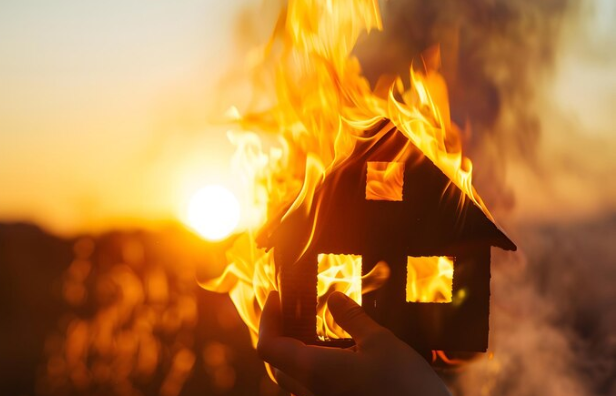Reasons Insurance Companies Deny Fire Claims in Texas
When a fire damages your home, you expect your homeowners' insurance to provide financial relief. However, some policyholders in Texas find their fire damage claims denied. Understanding the common factors for denials can help you prepare a stronger claim and avoid costly surprises.
Policy Exclusions
Every homeowners' insurance policy contains exclusions—specific situations where coverage does not apply. For example, damage caused by arson committed by the policyholder, neglecting maintenance, or fires originating from certain prohibited uses (such as illegal activities) may not be covered. Reading your policy carefully helps you understand these exclusions before filing a claim.
Lapsed or Inactive Coverage
If your policy premiums are not paid on time, your coverage may lapse. In Texas, insurers can deny a fire claim if your policy was inactive at the time of the loss. Even a short lapse in coverage can result in a complete denial, leaving you responsible for all repair and replacement costs.
Misrepresentation or Fraud
Providing false or misleading information when applying for coverage or during the claims process can lead to a denial. For instance, underreporting the value of certain items or giving inaccurate details about the cause of the fire could result in a rejected claim. Insurance companies in Texas take fraud seriously and may also pursue legal action.
Insufficient Documentation
Insurers require proof of loss, which includes photos, videos, receipts, and repair estimates. Without proper documentation, your claim may be delayed or denied. Incomplete or vague evidence makes it harder for adjusters to confirm the extent and cause of damage.
Disputes Over the Cause of Fire
If the insurance company’s investigation determines that the cause of the fire falls outside your policy’s coverage, they may deny the claim. For example, fires caused by gradual electrical issues you failed to address or damage from a non-covered event (like an earthquake-triggered fire) might not be eligible.
Preventing Denials
To mitigate the likelihood of a denial, it is important to maintain your property, update your policy when making home improvements, and keep it active. In the event of a fire, it is important to document all aspects and assist the insurer in their investigation. If you are of the opinion that your claim is being handled in an unfair manner, you may wish to consider employing a public adjuster.
Conclusion
Denials of fire claims in Texas frequently result from policy exclusions, lapsed coverage, fraud concerns, the absence of documentation, or disputes regarding the cause. Your most effective defense against forfeiting legitimate coverage is to remain informed and proactive.






